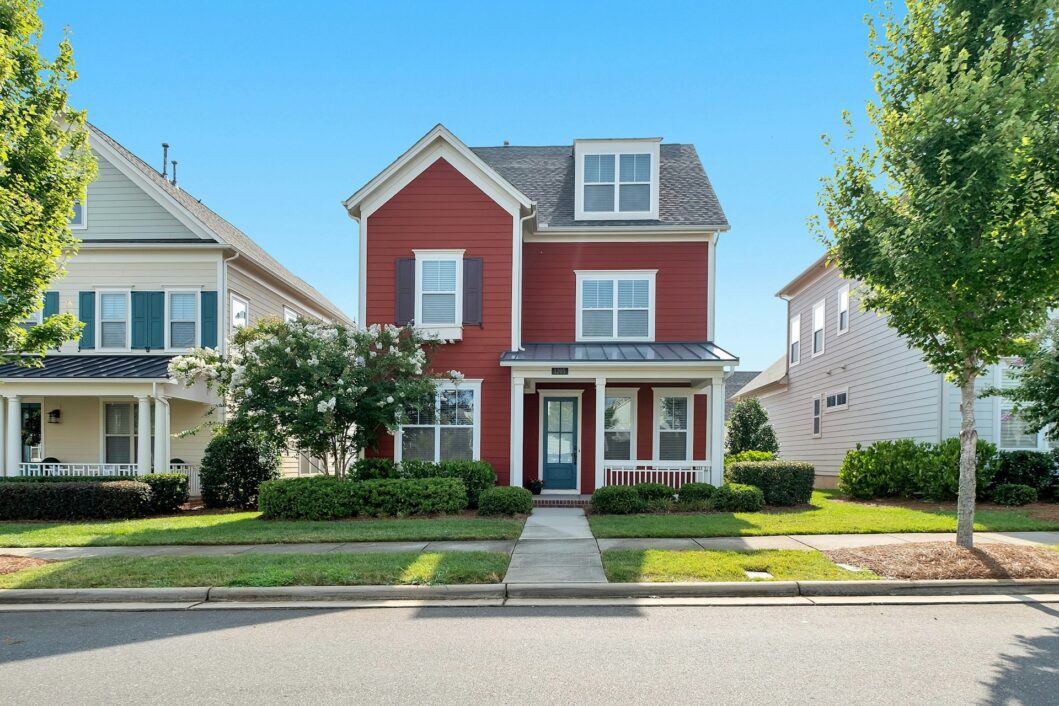Understanding Real Estate Development
Real estate development involves transforming land or existing properties into profitable residential, commercial, or mixed-use projects. It requires a blend of market insight, financial acumen, project management, and the ability to navigate regulations and community needs. Becoming a successful developer allows you to shape communities while building long-term wealth.
Start with Education and Market Research
Begin your journey by gaining knowledge about the real estate market, zoning laws, financing, and construction processes. While formal education in real estate, finance, or construction management can provide a solid foundation, continuous market research is critical. Understanding trends, local demand, and economic factors will help you identify profitable opportunities and reduce risks.
Build a Strong Network
Real estate development is a relationship-driven business. Build connections with architects, contractors, lenders, real estate agents, government officials, and investors. These relationships will provide guidance, funding opportunities, and access to reliable teams that can efficiently execute your projects.
Start Small, Then Scale
It is wise to start with smaller projects, such as single-family homes or small commercial renovations, to gain practical experience in budgeting, permitting, and construction management. These initial projects will help you build credibility, refine your processes, and learn how to navigate challenges before moving on to larger, complex developments.
Master Financial Management
Successful real estate developers understand the importance of financial planning and risk assessment. Learn how to prepare accurate project budgets, analyze investment returns, and secure financing from banks or private investors. Managing cash flow effectively will ensure your projects progress smoothly while maintaining profitability.
Navigate Regulations and Approvals
Real estate development requires obtaining various permits and approvals from local authorities. Develop a clear understanding of zoning regulations, building codes, and environmental considerations in your area. Establishing good relationships with municipal authorities can help expedite approvals and reduce delays in your projects.
Prioritize Quality and Community Impact
Building a successful reputation involves delivering quality projects that meet community needs while adhering to timelines and budgets. Engage with the community, understand their concerns, and incorporate sustainable practices into your projects. This not only enhances your credibility but also contributes positively to the neighborhoods you develop.
Conclusion: Shaping the Future
Becoming a successful real estate developer requires patience, strategic planning, and a commitment to continuous learning. By starting small, focusing on quality, building strong networks, and mastering financial and regulatory processes, you can create projects that shape communities while achieving financial success in the dynamic real estate industry.

